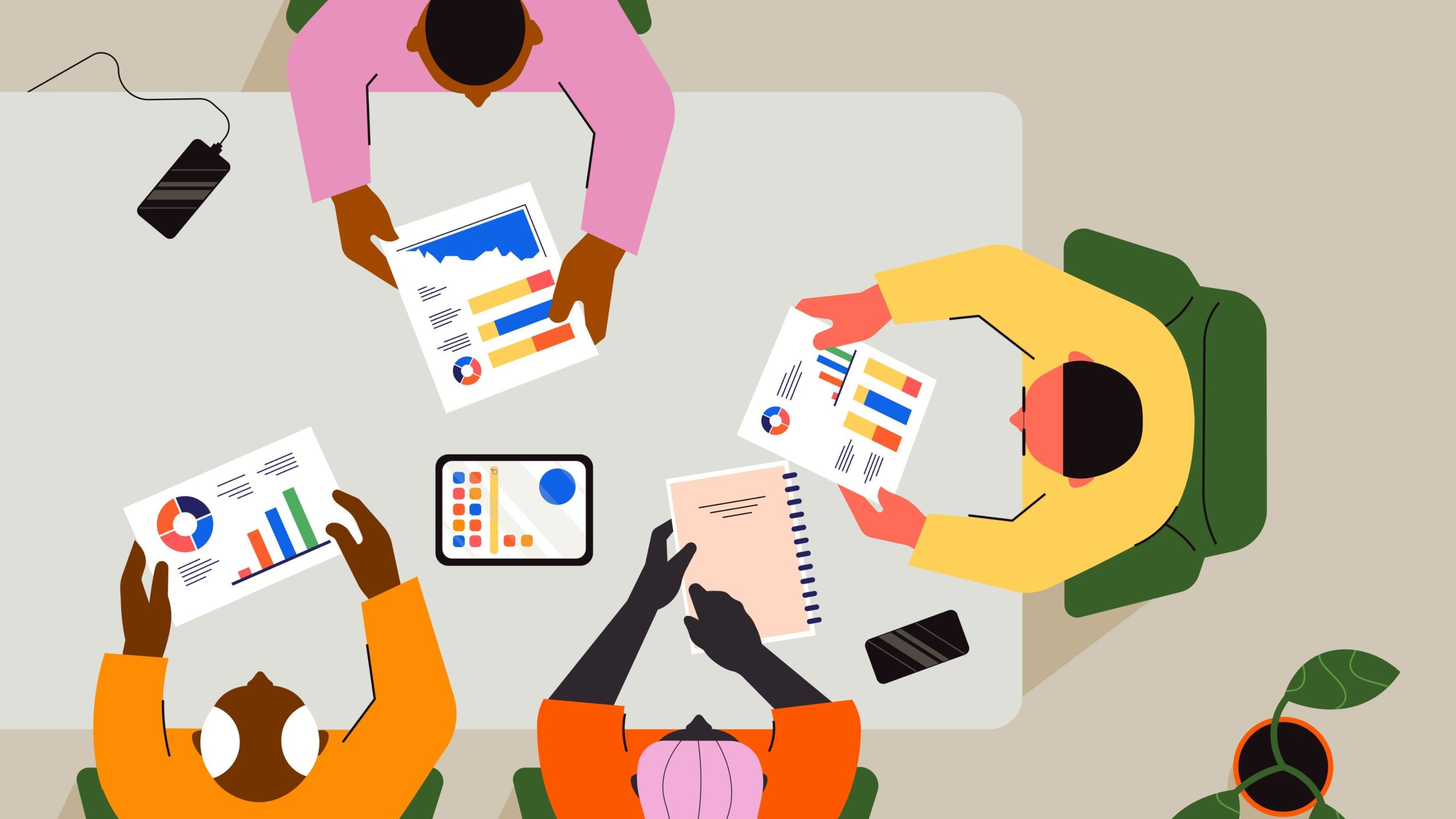Ask Astrid is a monthly advice column focusing on the modern rules of engagement and aims to help individuals navigate social scenarios with respect and consideration.
From personal space to dirty dishes and unanswered emails, workplace etiquette topics are endless. Work should be a good mix of challenging, collaborative, and cordial, yet, sometimes certain situations can be tense, terse, and a turnoff.
Here are some things to think about and keep in mind in your professional life:
The open-concept office: There are many pitfalls of an open-concept office, including that voices seem to amplify. People don’t need to know what you’re going to have for dinner but, by the same token, offices need to ensure that if people are working physically in an office, that there are some private spaces for them to have conversations. People have complex lives and the expectation that they completely drop everything at the door is outdated.
“Oh hey, I didn’t know you were eating but…”: If you’re starting a sentence like this, then you should probably let them finish their meal before you ask them a work question. This one is a personal ‘favourite’ I’ve witnessed it too many times to count. Let people eat without being interrupted if it isn’t urgent. This is such a North American issue as so many people eat at their desk while working, far from being a healthy habit.
Meetings: We’ve all been in meetings (both virtual and in-person) where the same person monopolizes the conversation, sucking the oxygen out of the room. Many Fortune 500 leaders prefer to speak later on in a meeting after other perspectives have been presented to avoid having the spotlight and groupthink. If you organize a meeting, have a clear purpose and agenda to best utilize colleagues’ time.


Outside of the ‘9-5’: Catching up on routine emails on a Sunday night or Monday at 10pm? I get that you’re in the zone, but, unless it’s an urgent matter, consider drafting the message and not sending it until the next morning. It creates needless stress for the recipient, especially if you are a manager.
Agreeably Disagree: It’s okay to disagree. Different opinions should be encouraged and respectfully discussed in the workplace. Sometimes re-framing or giving context to your thoughts can be helpful, and other times you need to ask questions. The best ideas often come from finding holes in previously held thoughts and beliefs.
That’s personal: You do not have to share more personal information than you feel comfortable sharing at work (like details about your weekend, vacation, etc.). You can deflect.
On the flipside, don’t pry into your colleagues’ lives. They will share what they’d like to over time, on their time.
“As per my last email”: When I read this in an email, I immediately think ‘ouch’. Don’t be passive aggressive. Keep emails professional and don’t make people have to de-code what you mean. Be clear and if there are next steps and follow-ups, it’s best to include a timeline.
How long do you have to wait to follow-up after your first email? The answer really depends upon the contents and the urgency of the topic. If someone is waiting on a response from you, it can be helpful to acknowledge the email and give a timeframe for a fulsome answer.
Rumour mill: Avoid being a part of the rumour mill at work. It can be difficult to not get sucked in, however, the person who inevitably won’t look good is you.
Don’t be a ‘hero’: If you’re sick, stay at home. If nothing else, the pandemic has shown us that we can be equally (if not more) effective working from home and the office walls won’t fall down because you stayed home. If you are an employer, be clear in policy and in practice that people should stay home when they’re unwell, negating any potential pressure to come in. You are not a hero by coming into the office when you’re sick.
Overall, the best advice is that sometimes you need to think before you speak or respond to an email, especially at work. We should all be working towards a common goal at the office and, while we may have differing views on how to get there, it’s important that we all get there, together.


Astrid is a modern etiquette expert who helps individuals and businesses navigate social and professional settings. Drawing on her experience working with royalty and global leaders, she offers a contemporary take on traditional etiquette to empower people to communicate effectively. She has contributed to Hearst publications globally on etiquette and has the Freedom of the City of London (United Kingdom). You can follow her on social media at @astridinpr.













